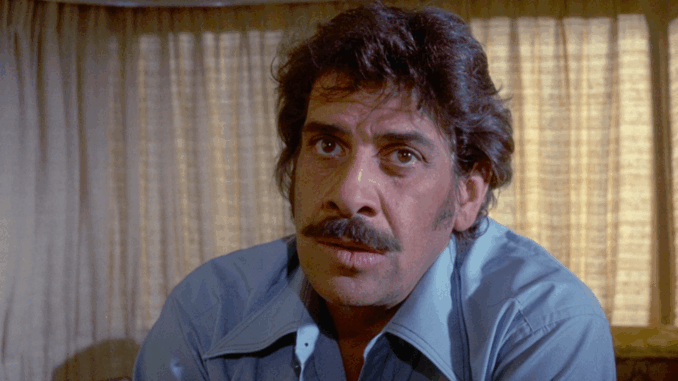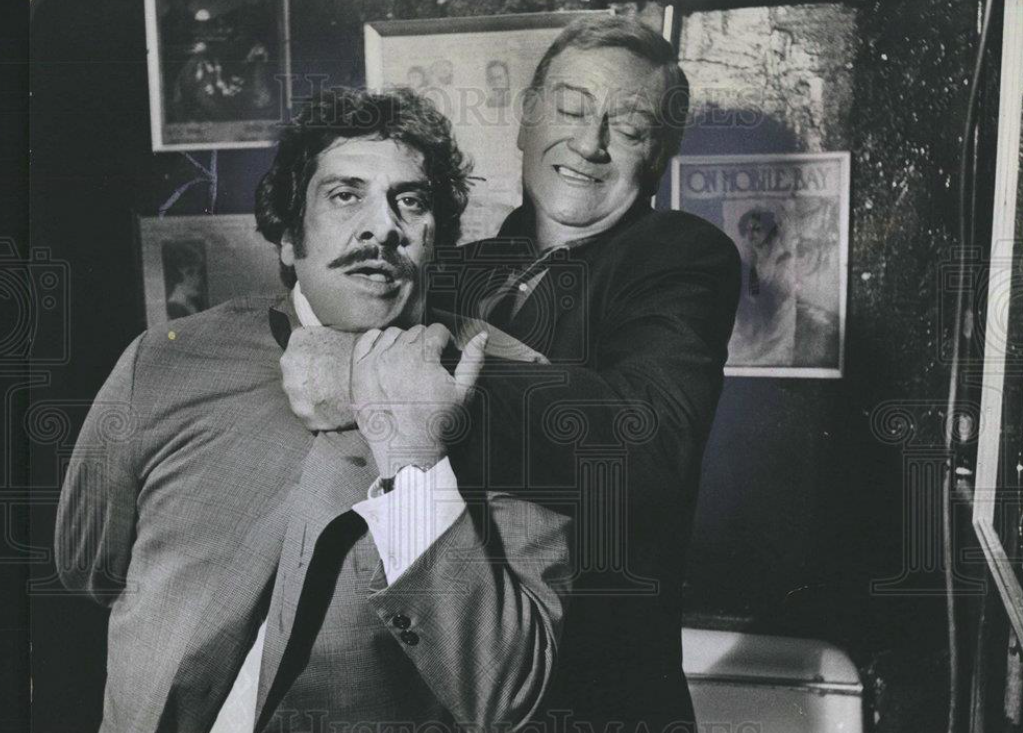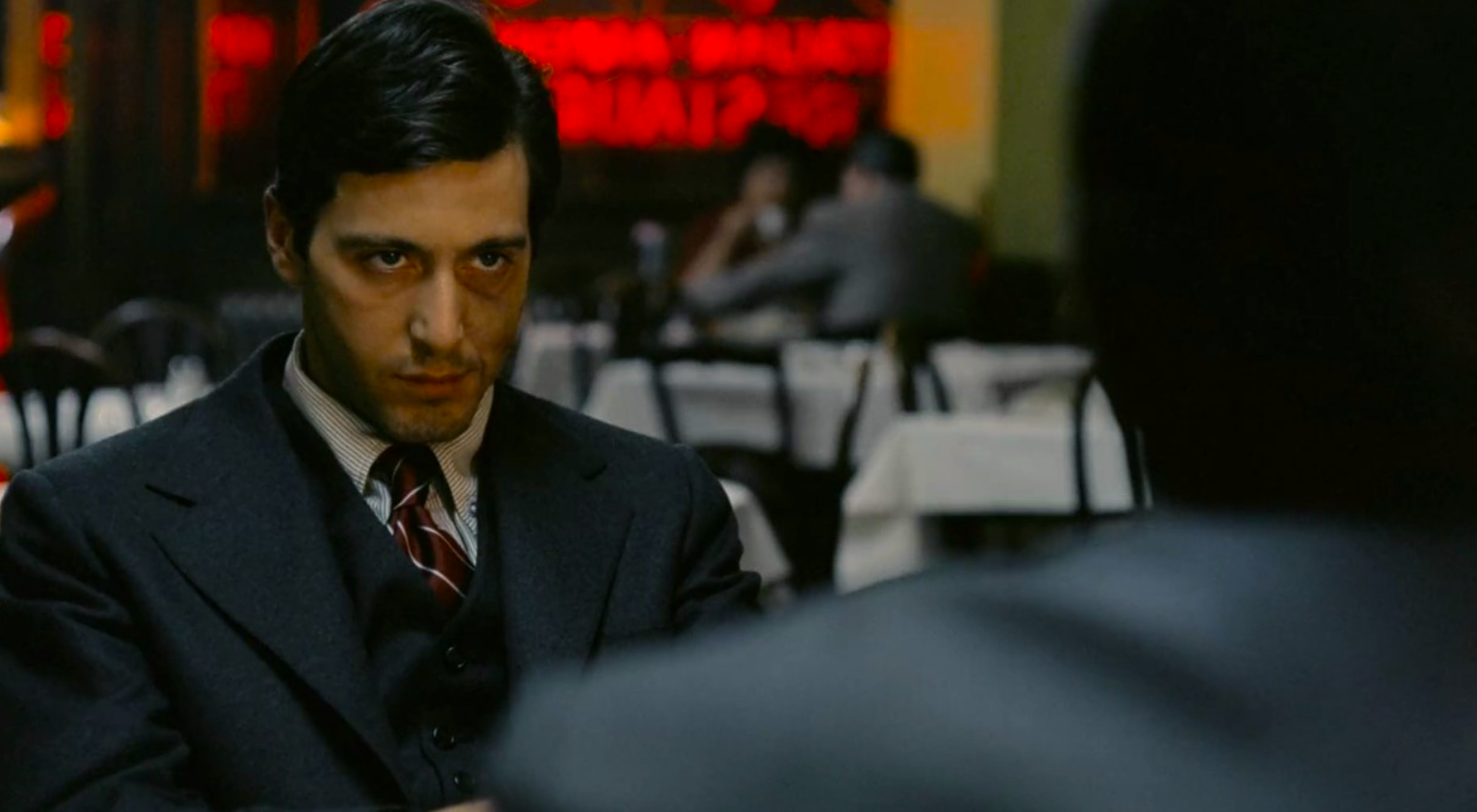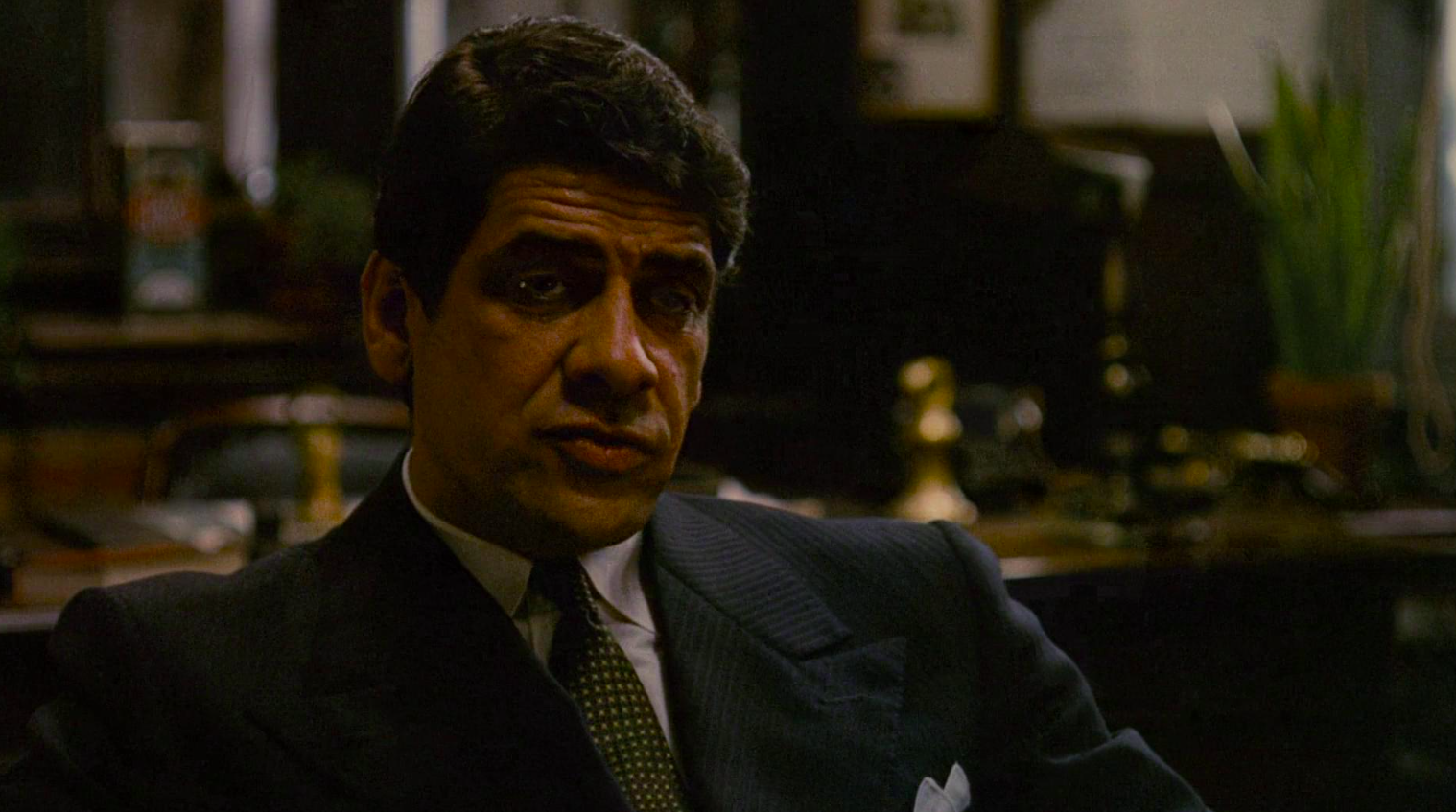
Contents
- Al Lettieri: A Timeless Talent Whose Impact Still Echoes Today
- Al Lettieri and His Breakthrough Role in The Godfather
- Al Lettieri’s Expanding Career Beyond The Godfather
- Al Lettieri in Modern Film Culture
- Influence on a New Generation of Performers
- The Enduring Strength of Al Lettieri’s Legacy
- A Legacy of Power, Precision, and Purpose
- Why Al Lettieri Still Matters Today
Al Lettieri: A Timeless Talent Whose Impact Still Echoes Today
Al Lettieri is remembered as one of the most compelling character actors of the 1970s, best known for his gripping performance as Virgil “The Turk” Sollozzo in The Godfather. Though his life and career were tragically short, his impact on American cinema has only grown stronger over the years.
Born in New York City in 1928, Lettieri brought an intense realism to every role he played. Whether portraying cold-hearted criminals or morally ambiguous figures, he gave audiences something unforgettable — a sense that they weren’t watching an actor, but a man with real history and depth. His legacy has become a cornerstone for those who value powerful, emotionally authentic storytelling in film.

Al Lettieri and His Breakthrough Role in The Godfather
When The Godfather premiered in 1972, it redefined the gangster genre and launched the careers of several actors into iconic status. While much attention was rightly given to Marlon Brando and Al Pacino, it was Al Lettieri’s portrayal of Sollozzo that set the tone for the film’s gritty realism.
Sollozzo was not a cartoon villain. He was calm, calculating, and frighteningly believable. Lettieri’s performance made the character feel like someone who could truly exist in the underworld — a businessman with a brutal edge. His scenes were filled with tension, especially the pivotal restaurant meeting with Michael Corleone, which remains one of the most talked-about sequences in modern film history.
Critics praised Lettieri’s ability to make the audience uneasy with just a look or a few lines of dialogue. He didn’t need theatrics. His quiet menace was more than enough to dominate the screen.
Al Lettieri’s Expanding Career Beyond The Godfather
Following the success of The Godfather, Lettieri became a sought-after actor in Hollywood. Directors appreciated his ability to bring weight and gravity to every role. He appeared in Mr. Majestyk (1974) alongside Charles Bronson, McQ (1974) with John Wayne, and The Getaway (1972) with Steve McQueen. Each performance reinforced his status as a go-to actor for gritty, grounded characters.
Though he was often cast as the antagonist, Lettieri never played the same character twice. He brought different layers to each role — a wounded pride, a sharp intellect, or a ruthless survival instinct. His performances felt lived-in, and his characters felt dangerously human.
Tragically, Lettieri died in 1975 from a heart attack, cutting short a career that was still ascending. He was only 47. Yet his existing body of work was enough to leave a deep impression on Hollywood and audiences worldwide.
Al Lettieri in Modern Film Culture
Today, Al Lettieri is recognized not only as a memorable actor but as a vital contributor to the realism movement in 1970s cinema. Film scholars often cite him as a pioneer of the “quiet menace” archetype — a style of acting that forgoes dramatics in favor of subtle intensity.
Streaming services have reintroduced Lettieri’s work to younger generations, and The Godfather continues to rank among the greatest films of all time. Sollozzo remains one of the franchise’s most discussed characters, and Lettieri’s performance is often singled out in retrospectives and documentaries.
In acting schools across the world, Lettieri’s scenes are studied for their economy of movement and emotional control. His ability to create tension without shouting or overacting has become a case study in powerfully restrained performance.
Influence on a New Generation of Performers

Actors such as Javier Bardem, Benicio del Toro, and Oscar Isaac have acknowledged the impact of actors like Al Lettieri on their craft. Bardem, known for playing chilling villains, has drawn comparisons to Lettieri for his quiet intensity and psychological complexity.
Writers and directors also cite Lettieri’s work as a benchmark for writing morally ambiguous characters. Instead of relying on clichés, Lettieri showed that villains could be smart, composed, and even sympathetic in their own way. His performances helped shift how audiences viewed “bad guys” — not as evil caricatures, but as reflections of deeper societal and personal conflicts.
The Enduring Strength of Al Lettieri’s Legacy
Although his name may not appear as frequently in mainstream media as some of his co-stars, Al Lettieri’s influence endures in the work of others. His characters, especially Sollozzo, are still discussed in film forums, taught in classrooms, and admired by cinephiles.
He represents a time in Hollywood when character actors could be just as influential as leading men. His commitment to realism helped shape the tone of an entire decade of filmmaking. In a time when cinema was shifting from glamor to grit, Lettieri stood at the center of that transformation.
A Legacy of Power, Precision, and Purpose
What makes Al Lettieri so powerful is not just the roles he played, but how he played them. Every glance, every pause, and every quiet moment in his performances was charged with emotion and meaning. He didn’t need elaborate dialogue or action sequences to command the screen. His presence alone was enough.
In an industry where many careers come and go without leaving a trace, Lettieri’s impact is still felt. His work is preserved not only on film but in the respect and admiration of those who followed him. He is a reminder that true greatness isn’t always about fame or awards — sometimes, it’s about authenticity and emotional truth.
Why Al Lettieri Still Matters Today

The story of Al Lettieri is a powerful lesson in the value of commitment, realism, and emotional depth in acting. He showed that even with a relatively short filmography, one could influence generations of filmmakers and actors by staying true to their craft.
For anyone discovering The Godfather or his other films today, Al Lettieri offers something rare: a performance that doesn’t age, a presence that doesn’t fade, and a legacy that continues to grow. His name may not be in lights, but it remains etched in the heart of cinema.
Discover more exciting news and the latest updates on our official news page: The Godfather
Explore more stories and latest news at: Kpopall

Leave a Reply